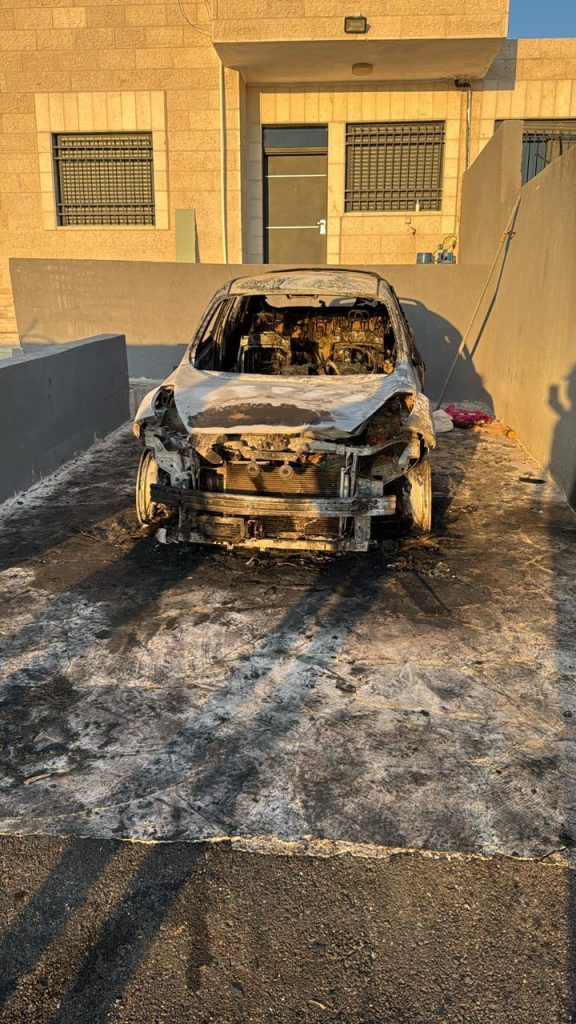
Previous Holy Land Christian Forum Condemns Terrorist Attack on Taybeh, Calls for International Action
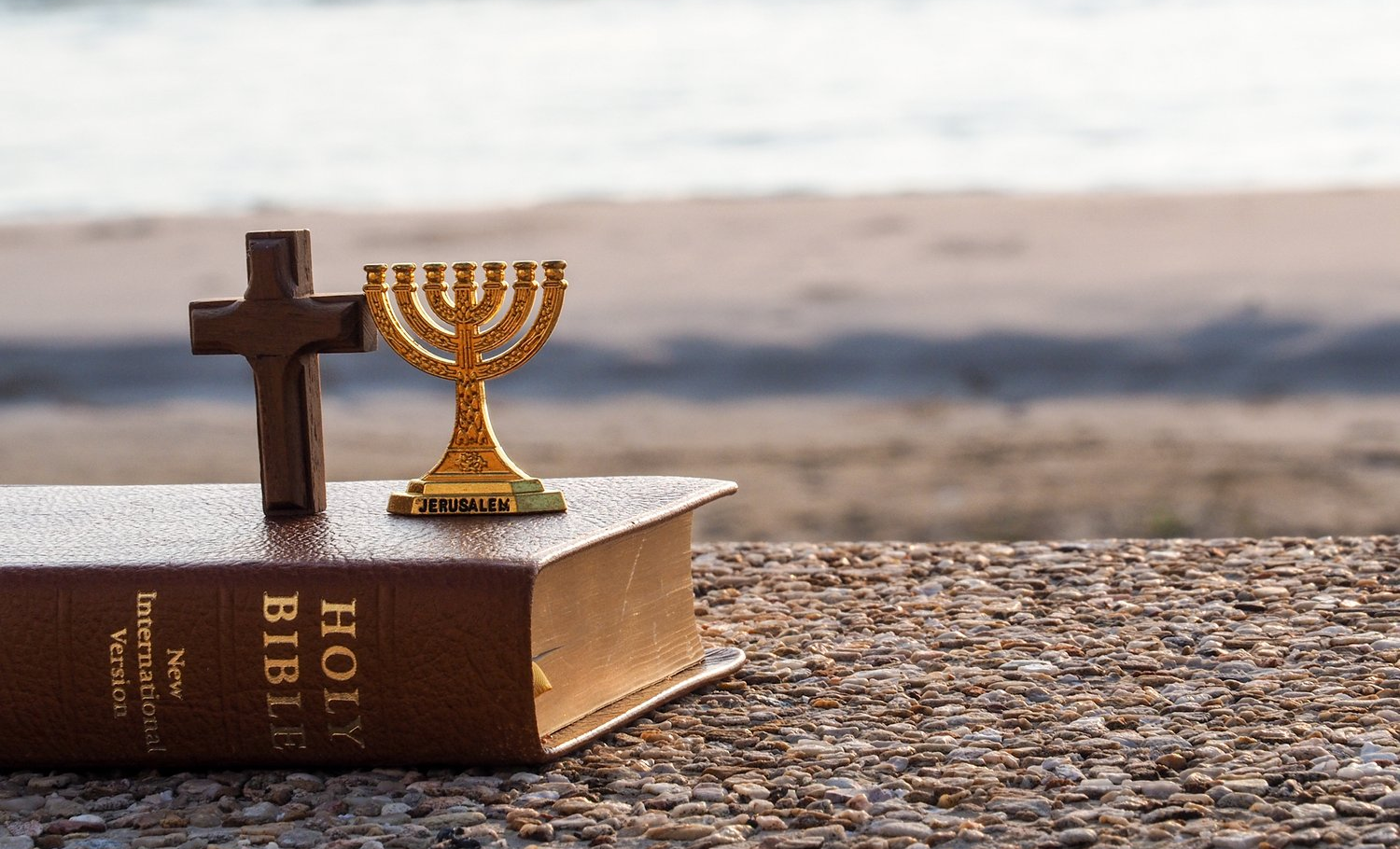
by Jonathan and Samuel Kuttab
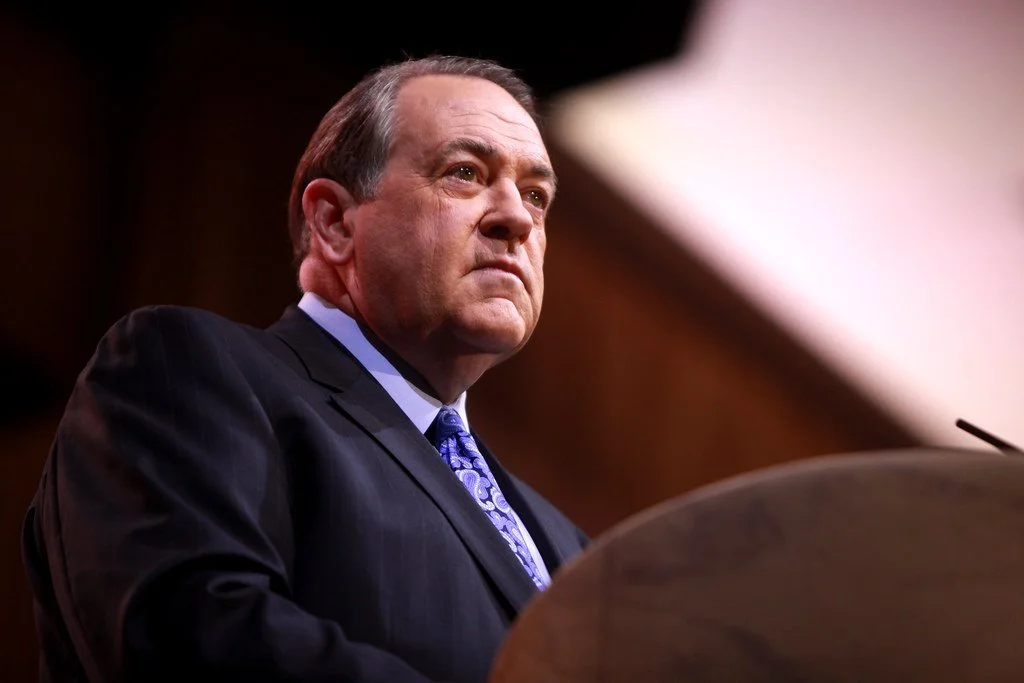
by: Jonathan Kuttab
The sharp words of rebuke to the state of Israel issued by Mike Huckabee, the evangelical US Ambassador to Israel, caught many by surprise. He actually condemned the settler attack on the Christian village of Taybeh and its church, described the attack as an act of terrorism, and stated that attacks on any places of worship, Muslim, Christian, or Jewish, are a desecration and would not be tolerated. The next day, he also sharply criticized Israel’s refusal to grant visas to a group of evangelical pilgrims, threatening retaliation if they did not reverse that policy immediately.
Some were justifiably skeptical of this position and thought that Huckabee’s outrage was very selective, only happening because Christians and evangelicals like himself were threatened. After all, he has previously supported settlements completely, insisted on referring to the West Bank as “Judea and Samaria,” and has even stated that there is no such thing as a Palestinian people. Others thought that his actually being there, visiting a Christian village like Taybeh, and observing directly the actions of settlers against fellow Christians (alongside the beating to death of a US citizen), could have been the start of a process of education for him. Indeed, others saw in this an example of new cracks in the edifice of the presumed blanket evangelical support for Israel and Christian Zionism.
I have always held that the majority of evangelicals who supported the state of Israel were both politically ignorant and biblically incorrect. I have observed such support as being both broad and shallow, and I felt that we needed to engage with fellow Christians with respect, politeness, and love, rather than dismiss and ridicule them.
One example of such an approach is in the letter below written by Samuel Kuttab (who happens to be my brother) last week, which I would like to share with you instead of my usual weekly reflection.
—Jonathan Kuttab
July 23rd, 2025
Rock Harbor Church, Bakersfield, California
Dear Pastor Holthaus,
Grace and peace to you in the name of our Lord Jesus Christ.
I write to you as a fellow believer, a Palestinian Christian whose faith was nurtured in the evangelical tradition. My father served as an evangelical pastor throughout his life, instilling in our family Christ’s teachings of loving our neighbors, forgiving our enemies, and caring for those in need. I was born in Bethlehem and raised in Jerusalem, where our evangelical Christian community represents a minority within the broader Christian minority. Yet, Palestinian Christians have faithfully preserved our beliefs and heritage for thousands of years.
Last week, I traveled from Pennsylvania to Bakersfield to attend my aunt’s funeral. My mother’s family moved to the valley over thirty years ago, and several of my cousins and their families live within two blocks of your church. During my visit, I was deeply troubled to see the billboard on your church displaying the Israeli flag with the message “We Stand with Israel.”
Following the 1967 war, my father, recognizing the challenges of raising his children under the Israeli occupation, made the difficult decision to emigrate to the United States. The occupation has brought tremendous hardships to our extended family. Recently, this conflict became devastatingly personal when two of our young cousins, ages 20 and 22, were killed when Israel bombed the church in Gaza where they had sought shelter. These young women were just beginning their lives, their futures cut short in what should have been a sanctuary.
When the current war in Gaza began, I unequivocally rejected Hamas’s October 7 attacks while maintaining that the occupation since 1967 remains wrong. Convinced that the cycle of hatred and killing is no longer sustainable, I co-founded the “Prayers for Peace Alliance” with Jewish, Palestinian, Muslim, and Christian partners. Our mission recognizes that the core teachings of our respective faiths promote peace and coexistence.
Since this war began, disproportionate numbers of Palestinian lives have been lost alongside Israeli lives, with the majority being civilians. Witnessing an entire population facing starvation contradicts everything Christ taught us about compassion and justice. Let me be clear: I do not stand with Hamas or condone their actions, but I also cannot stand with Israel’s response, which has created a man-made catastrophe of immense proportions.
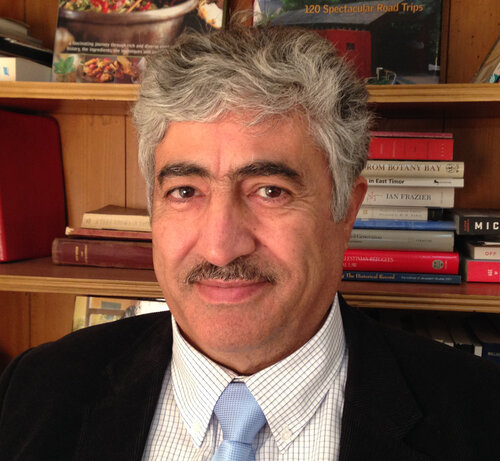
As a follower of Christ who has proclaimed Jesus as my Lord, I struggle to understand how a church can overlook such devastation while believing this reflects Christ’s teachings. Whether one interprets the Bible literally or selectively, Christ’s message remains consistently one of peace and reconciliation, forgiveness and welcome, love and the sharing of the Gospel with all people.
Your billboard’s message troubles me deeply because I believe it proclaims support for actions that result in the deaths of Palestinian civilians, whether they are Christians or Muslims, and closes doors to witnessing among Muslims. How can you proclaim to be a “welcoming church” with your message? Rather than reflecting Christ’s love, such messaging breeds division and hatred. When a church declares “We Stand with Israel,” it appears to endorse policies that have led to the destruction of Palestinian Christian communities and the silencing of our ancient witness in the Holy Land.
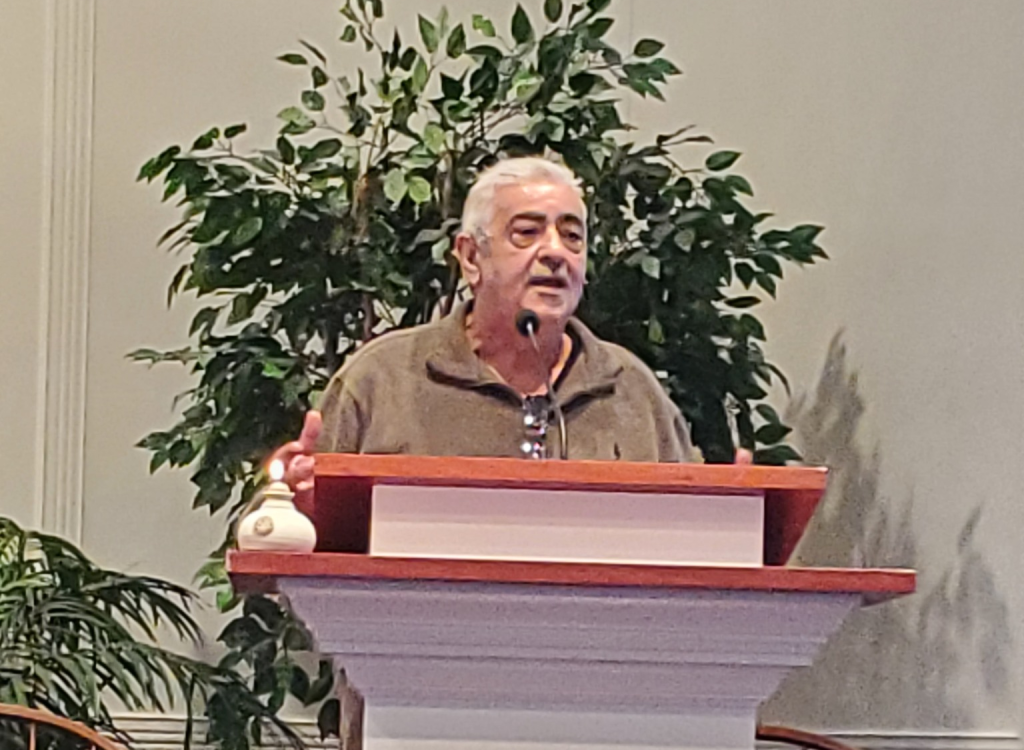
I must confess that my family and I contemplated standing on the sidewalk outside your church with signs reading “Pray for Gaza,” “Stop the Killing,” and “Teach Peace.” However, we chose not to do so out of respect for the sacred space and the grief we were already carrying. We believed that such a public demonstration, while perhaps justified, would not serve the cause of Christian unity or constructive dialogue that our faith calls us toward.
A truly Christian message would proclaim “We Pray for Peace” rather than taking sides in a way that seems to second-guess the good news that Christ died on the cross to save all people. The Gospel calls us to a higher standard than political allegiances—it calls us to embody Christ’s love for all humanity.
I respectfully urge you to reconsider this message and replace it with one that demonstrates the love of Christ, the hope He offers, and His teachings of forgiveness and salvation. As the prophet Micah reminds us, “What does the Lord require of you but to act justly and to love mercy and to walk humbly with your God” (Micah 6:8).
I pray that we might be consistent with our faith as we follow Christ, knowing that one day we will be judged for our actions on earth. May our churches be places where Christ’s peace reigns and where all people—Palestinian and Israeli, Christian and Muslim and Jewish—can find the hope and healing that only Jesus provides.
I would welcome the opportunity to discuss this further with you, perhaps sharing more about the Palestinian Christian experience and our mutual calling to be peacemakers in Christ’s name.
In Christian brotherhood and hope for peace,
Samuel Kuttab
Prayers for Peace Alliance.org
“Blessed are the peacemakers, for they will be called children of God.” – Matthew 5:9


تكافح مجلة “ملح الأرض” من أجل الاستمرار في نشر تقارير تعرض أحوال المسيحيين العرب في الأردن وفلسطين ومناطق الجليل، ونحرص على تقديم مواضيع تزوّد قراءنا بمعلومات مفيدة لهم ، بالاعتماد على مصادر موثوقة، كما تركّز معظم اهتمامها على البحث عن التحديات التي تواجه المكون المسيحي في بلادنا، لنبقى كما نحن دائماً صوت مسيحي وطني حر يحترم رجال الدين وكنائسنا ولكن يرفض احتكار الحقيقة ويبحث عنها تماشيًا مع قول السيد المسيح و تعرفون الحق والحق يحرركم
من مبادئنا حرية التعبير للعلمانيين بصورة تكميلية لرأي الإكليروس الذي نحترمه. كما نؤيد بدون خجل الدعوة الكتابية للمساواة في أمور هامة مثل الإرث للمسيحيين وأهمية التوعية وتقديم النصح للمقبلين على الزواج وندعم العمل الاجتماعي ونشطاء المجتمع المدني المسيحيين و نحاول أن نسلط الضوء على قصص النجاح غير ناسيين من هم بحاجة للمساعدة الإنسانية والصحية والنفسية وغيرها.
والسبيل الوحيد للخروج من هذا الوضع هو بالتواصل والنقاش الحر، حول هويّاتنا وحول التغييرات التي نريدها في مجتمعاتنا، من أجل أن نفهم بشكل أفضل القوى التي تؤثّر في مجتمعاتنا،.
تستمر ملح الأرض في تشكيل مساحة افتراضية تُطرح فيها الأفكار بحرّية لتشكل ملاذاً مؤقتاً لنا بينما تبقى المساحات الحقيقية في ساحاتنا وشوارعنا بعيدة المنال.
كل مساهماتكم تُدفع لكتّابنا، وهم شباب وشابات يتحدّون المخاطر ليرووا قصصنا.